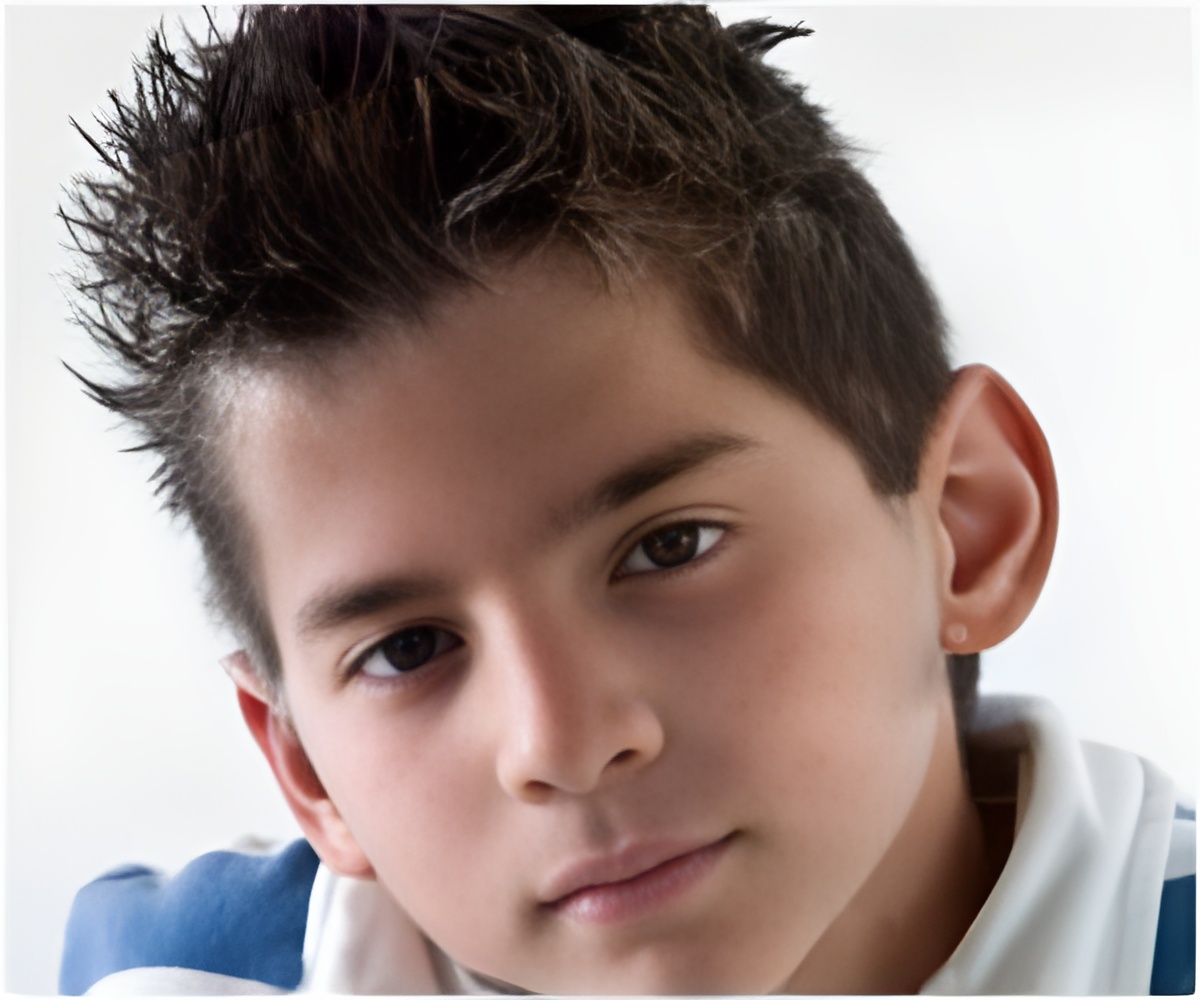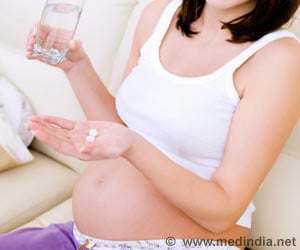Parents of an autistic child seem about one-third less likely than other parents to have children in future, found a new study Wednesday.

Autism is typically diagnosed around the second or third year of life, and is estimated to affect as many as one in 68 children in the United States.
The causes of the neurodevelopmental disorder remain unknown, though recent scientific evidence suggests autism begins the womb and may, to some degree, run in families.
"While it has been postulated that parents who have a child with ASD may be reluctant to have more children, this is first time that anyone has analyzed the question with hard numbers," said study author Neil Risch, professor of epidemiology and biostatistics at the University of California, San Francisco.
The analysis was based on data from the state of California. Researchers did not ask the parents whether their autistic child had any bearing on their decision to have more kids or not.
Rather, they reviewed the birth records of 19,710 families in which a child with autism spectrum disorder (ASD) was born between 1990 and 2003, and compared them to 36,215 control families without an ASD-affected child.
Advertisement
However, after that, parents with an autistic child had more offspring at a rate of 66 percent that of the control families, suggesting that their decisions may have been influenced by their child's diagnosis.
Advertisement
According to Risch, the research raises another complex question: if parents with an autistic child are less likely to have more children, why is the disorder on the rise?
"The fact that the parents choose to have fewer children means the genes that predispose to ASD are less likely to be passed on to future generations," Risch said.
"ASD has an important genetic component, which should be diminishing over time due to this reduction in childbearing."
Autism affected one in 150 children in the United States in 2000. By 2010 that number had risen to one in 68 in 2010, according to the Centers for Disease Control and Prevention.
Source-AFP










